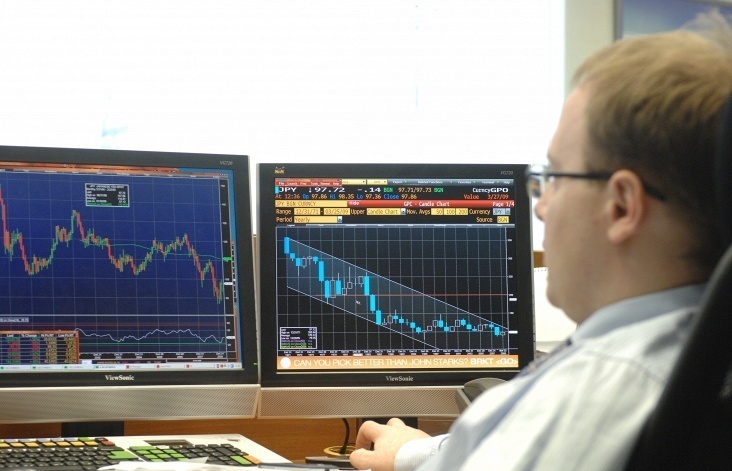The Finance Ministry does not consider the depletion of the Reserve Fund this year possible, Deputy Finance Minister Maxim Oreshkin told journalists on Wednesday.
“No, depletion of the Reserve Fund is not possible,” he said.
In 2015, the Ministry of Finance has spent 2.6 trillion rubles ($38.17 bln) from the fund.
Earlier, the World Bank in its new report on the Russian economy said that the Reserve Fund is expected to be exhausted by the end of the year.
“While the government announced its commitment to fiscal consolidation, continued budget overruns will further deplete the already shrinking Reserve Fund,” the World Bank reported.
“Financing the deficit is expected to fully deplete the Reserve Fund by end-2016, compelling the authorities to either increase borrowing or generate revenues from privatization,” the report said.
This situation (Reserve Fund depletion – TASS) will require bold choices during the 2017 budget-planning process, as the authorities strive to determine the structure and policy priorities of the country’s new medium-term fiscal framework, the World Bank said.
All worst over for Russian economy
According to the official, the Russian economy has already experienced the peak shock of balance of payments adjusting to new conditions, primarily on the commodity markets.
“There are risks, but the worst for the Russian economy in terms of adaptation to the new conditions is over,” Oreshkin said.
According to him, each new change of conditions was better received. “All fluctuations are already much more restrained, because the Russian economy adapted to the oil prices of $30-40 per barrel, balance of payments adapted,” he said, noting that in comparison with the countries of Southeast Asia, Brazil, Turkey, and many other countries, Russia has adapted to the new conditions.
Economic Development Minister Alexey Ulyukayev said earlier that the Russian economy in 2016 will come out from a situation of recession, and will start to grow in 2017.
According to him, the monthly dynamics of the GDP net of seasonal factors varies from minus 0.1% to plus 0.1%. According to Economic Development Ministry, this February Russia’s GDP fell by 0.6% year-on-year, and with the exception of a leap year factor index dynamics remained at the level of January (decline of 2.7%). In January-February decline of GDP in annual terms amounted to 1.6%.
